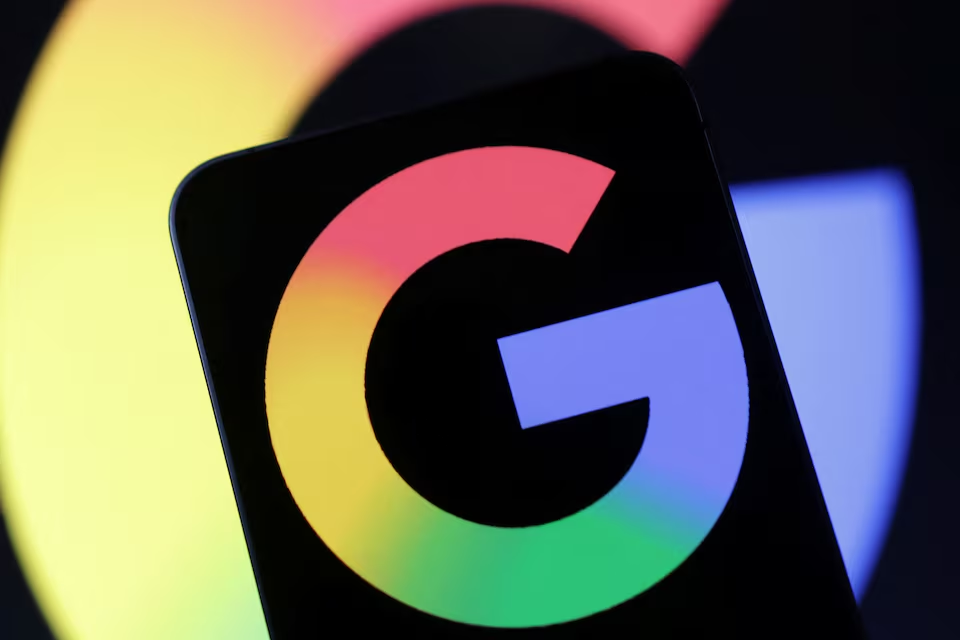In the ongoing U.S. antitrust case addressing Google’s dominance in online search, District Judge Amit Mehta is contemplating remedies less severe than those proposed by the Department of Justice (DOJ) and several states. The DOJ’s recommendations include a 10-year regulatory framework requiring Google to share search data with competitors and cease multibillion-dollar payments to companies like Apple to remain the default search engine on devices.
Key Considerations:
- Evolving Tech Landscape: Judge Mehta emphasized the rapid evolution of technology, noting that significant changes can occur in weeks. He suggested that remedies should be adaptable, proposing limited data sharing and conditional cessation of default search payments, contingent on the effectiveness of other measures in enhancing competition.
- AI as Emerging Competitors: The judge acknowledged the potential of artificial intelligence (AI) products to disrupt traditional search engines. He questioned whether companies like OpenAI and Perplexity should be considered direct competitors in the search engine market, given their broader capabilities beyond standard search functions.
- Google’s Position: Google contends that it has already addressed competitive concerns by ending exclusive agreements with device manufacturers, allowing them to pre-install rival search and AI applications. The company argues against sharing its proprietary data with newer AI firms, citing its two decades of investment in developing its search technology.
Judge Mehta is expected to issue a final ruling by August 2025, which could significantly influence the future dynamics of online search and AI-driven information services.
For more details, read the full article on Reuters: Google judge mulls softer remedies in US search antitrust case.
📢 Disclaimer
This article is based on information from trusted tech news sources. Techwhatif.com summarizes and adapts these insights to make tech news more accessible to our readers. Full credit goes to the original authors and publications. If you're the content owner and have any concerns, please contact us directly for resolution.




